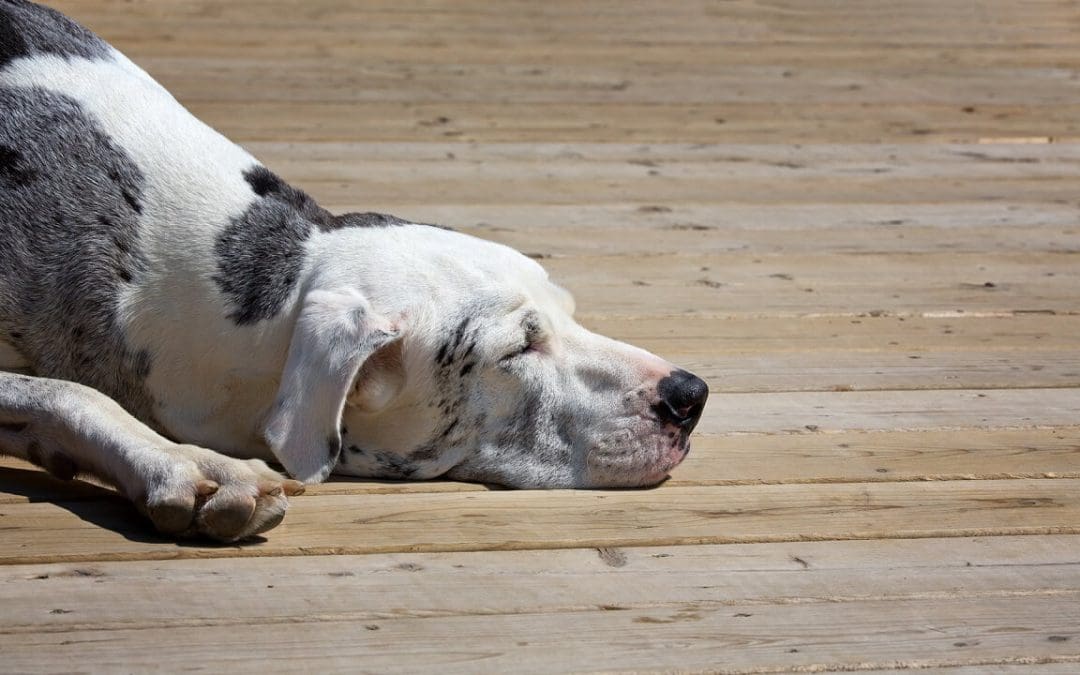Weeds are a pain. They pop up all over your lawn and garden, making your property look messy. But if you’ve got pets running around, spraying just anything on those weeds can be risky. A lot of common weed killers use chemicals that can stick around long after you spray, which most people with pets and kids aren’t comfortable with. Luckily, there are some solid pet-safe weed killer options to keep weeds under control without putting your pets at risk. You don’t need fancy products or harsh ingredients—just a few simple tools, a little patience, and a natural approach.
The Case for Natural Pet-Safe Weed Killer
Many weed killers you see on store shelves are made to be fast and powerful, but they often rely on ingredients that can be harmful to animals. Pets don’t know how to stay away from a treated area. They walk through it, sniff it, sometimes even lick plants or chew on grass. For your peace of mind and their health, use weed-killers that won’t make them sick.
Natural weed control uses ingredients from everyday household items or the garden itself. These options might take a little more time and effort, but they can be just as effective with consistent use and won’t leave behind anything harmful.
Vinegar and Soap: A Simple Weed Fix
One of the easiest and most common natural weed killers is a mix of white vinegar and liquid dish soap. The vinegar draws moisture out of the weed, while the soap helps the solution stick to the leaves. You just spray it directly on the plant, ideally on a sunny day when it can dry out quickly.
This works best on younger weeds or in areas where you don’t need to be too precise. It’s not selective, so it’ll affect anything it touches—be careful not to hit flowers or grass you want to keep. Also, while vinegar is safe once it dries, pets should stay off the area while it’s still wet to avoid irritation.
Boiling Water: Quick and Clean
If you’re dealing with weeds in driveways, sidewalks, or cracks in the patio, boiling water is a surprisingly effective and safe solution. Just bring a pot to a boil and pour it directly over the weeds. It’s fast, has no residue, and is completely harmless to pets once it cools down.
This method works best for spot treatment and doesn’t require any cleanup. Just make sure your pets are out of the way when you apply it—hot water and wagging tails don’t mix.
Mulch and Ground Covers
One of the best ways to fight weeds naturally is to stop them from growing in the first place. Covering exposed soil with mulch, bark, or even straw helps block sunlight and prevents weed seeds from taking root. It also adds nutrients to the soil as it breaks down, which is a win for your garden.
Low-growing ground cover plants can work too. They spread over the soil, crowding weeds and giving your yard a lush, finished look. Plus, many of them are safe and non-toxic for pets.
Keeping Pets Safe While You Work
Even with natural methods, it’s smart to take a few precautions. Just to be safe, keep pets indoors or away from the area while you’re applying vinegar or hot water. Once everything is dry or cooled off, they’re free to roam again.
Also, if your pet has a habit of eating grass or sniffing everything in sight, focus on spot treatments instead of large applications. A little care goes a long way in keeping both your lawn and your pets healthy.
With a bit of effort and a natural approach, you can stay ahead of weeds without putting your pets at risk. It might take a little more hands-on work, but the peace of mind is worth it—and so is seeing your pets happy and safe in the yard.
FAQs on Pet-Safe Weed Killer
Are all natural weed killers safe for pets?
Most natural options are much safer than chemical ones, but it’s still best to keep pets away while you’re applying them. Once the area is dry or cooled off, it’s generally safe for them to return.
Is vinegar enough to kill weeds long-term?
Vinegar works well on young or small weeds, especially when applied on a sunny day. For tougher, deep-rooted plants, you may need to reapply or combine it with pulling them out by hand.
Will salt help kill weeds naturally?
Salt can kill weeds, but it also affects the soil and nearby plants. It’s not the best choice if you plan to grow anything in the area afterward, and heavy use can irritate pet paws. Use it very sparingly, if at all.
How often should I apply natural weed killers?
Natural options usually need to be applied more often than chemical ones. Weekly touch-ups during the growing season can help keep things under control.
Is boiling water really effective on weeds?
Yes, it works well for small, isolated weeds and areas where you don’t need to be careful about what else gets hit. It won’t prevent regrowth from seeds, but it’s great for managing tough spots.
St. James Home Services, Inc. provides Home inspections in Durham, Alamance, Caswell, Chatham, Franklin, Granville, Orange, Person, Vance, and Wake Counties of North Carolina. If your area is not listed, please call us. Contact us to schedule our services.

